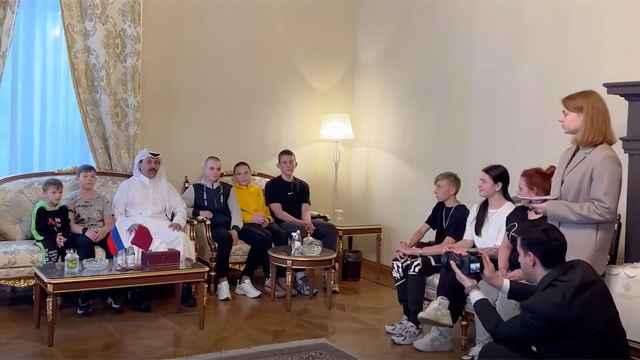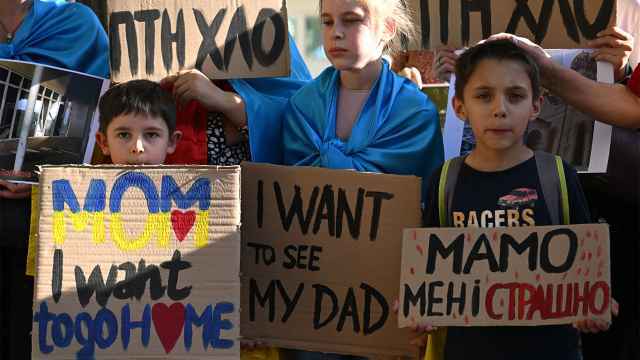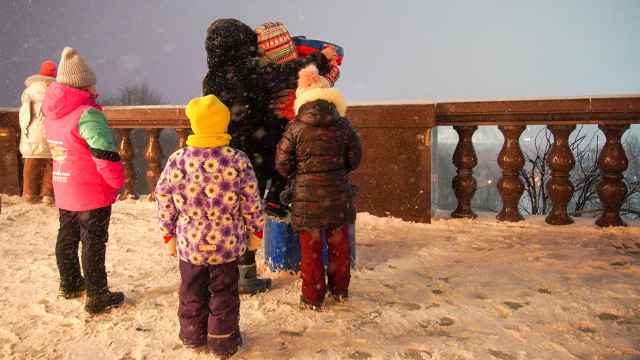Russian courts have convicted at least 158 minors on terrorism and sabotage-related charges since Moscow’s full-scale invasion of Ukraine, according to Supreme Court data analyzed by the exiled news outlet Vyorstka.
The cases involved teenagers aged 14 to 17 charged under articles covering “terrorist acts,” “aiding terrorism,” “participation in a terrorist organization” and “incitement to terrorism.”
Twenty-six minors were convicted on terrorism-related charges in 2022, 35 in 2023 and 41 in 2024.
Twenty-nine were convicted in the first half of 2025 alone.
The first convictions of minors for sabotage appeared in 2023 after Russia introduced new criminal articles covering “aiding sabotage,” “participation in a sabotage group” and “training for the purpose of committing sabotage.”
One teenager was convicted under these provisions in 2023, followed by 13 in 2024 and another 13 in the first half of 2025.
Many of the cases involve arson attacks on military enlistment offices and railway relay cabinets.
Law enforcement agencies claim that some teenagers were motivated by money offered by those who ordered the attacks.
Investigative Committee head Alexander Bastrykin has accused Ukrainian intelligence services of attempting to recruit Russian teenagers to carry out sabotage inside the country.
He said these crimes often stem from “national hatred” or support for “terrorist” or “Nazi” ideologies.
Bastrykin warned that these offenses carry punishments of up to life imprisonment, noting that minors often fail to grasp the severity of their actions until after they are detained.
As terrorism- and extremism-related cases involving minors rise, the Federal Security Service (FSB) has proposed including its pre-trial detention centers among institutions working with juveniles for crime prevention purposes.
President Vladimir Putin in July signed a law allowing the FSB to operate its own detention facilities for suspects and defendants in criminal cases starting Jan. 1, 2026.
Previously, the agency had only exercised informal control over a few existing centers, including Moscow’s Lefortovo prison.
A growing number of Russian minors have been sentenced to prison or juvenile correction facilities for expressing their opposition to the war in Ukraine.
A Message from The Moscow Times:
Dear readers,
We are facing unprecedented challenges. Russia's Prosecutor General's Office has designated The Moscow Times as an "undesirable" organization, criminalizing our work and putting our staff at risk of prosecution. This follows our earlier unjust labeling as a "foreign agent."
These actions are direct attempts to silence independent journalism in Russia. The authorities claim our work "discredits the decisions of the Russian leadership." We see things differently: we strive to provide accurate, unbiased reporting on Russia.
We, the journalists of The Moscow Times, refuse to be silenced. But to continue our work, we need your help.
Your support, no matter how small, makes a world of difference. If you can, please support us monthly starting from just $2. It's quick to set up, and every contribution makes a significant impact.
By supporting The Moscow Times, you're defending open, independent journalism in the face of repression. Thank you for standing with us.
Remind me later.






